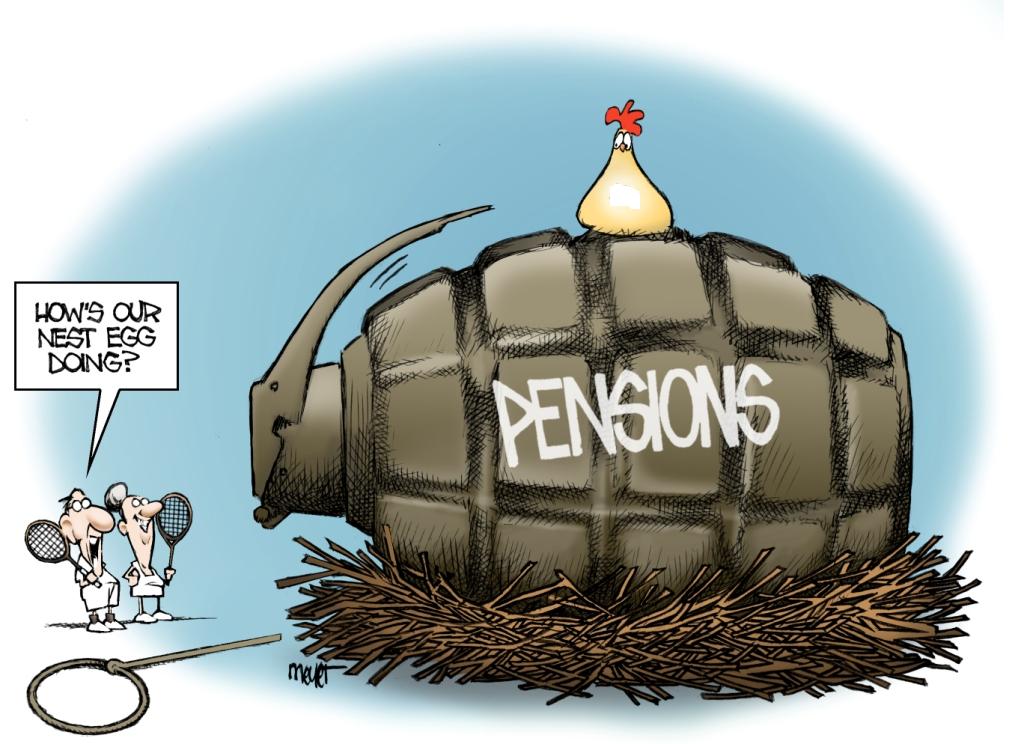Certainly, the Royal family doesn't fret much about its multi-million dollar pensions, while many more common folks will have to do without. Oh my! Anyway this a very serious situation that could even lead to social unrest and political upheaval in merry ole England.
How times have changed, for the once mighty!
Thousands Told Their Pension Savings at Risk

Thousands of workers who have been encouraged by the government to take out pension plans could be at risk of losing their savings, the industry regulator has told the BBC.
It follows fears that dozens of companies providing auto enrolment pensions are too small to survive.
The BBC has also uncovered evidence that employers and workers are being deliberately misled by some providers.
The government said it was aware of the issue, and was planning to take action.
Independent experts claim the problem could affect up to a quarter of a million people a year who are putting their savings into so-called master trust pensions.
Read More
Read More
In Syria, rather than cooperate with Russia and Iran in helping Assad’s military defeat the jihadists, the Obama administration has continued playing it cute, insisting – as Secretary of State John Kerry has said recently – that armed “legitimate opposition groups” exist separately from Al Qaeda’s Nusra Front.
If the price of oil does not go back up, this could be just the beginning. It is being reported that a whopping 35 percent of all oil and gas companies around the planet are at risk of falling into bankruptcy, and the financial institutions that have been backing these energy companies are getting very nervous.
That’s particularly problematic considering that emergencies happen more often than you might think. A 2014 survey by American Express found that half of all Americans had experienced an unforeseen expense in the past year — some of which could be considered an emergency. Indeed, 44% of those who had an unforeseen expense(s) had one for health care and 46% for car trouble — two items that for many Americans are must-pay items, as you need a car to get to work and your health expenses are usually not optional.
Can things get any worse for Russia? You're about to find out

For a decade, Dmitri Barinov has been following the volatile economy of his homeland from the safe distance of Union Investment’s offices in Frankfurt. Last year, as other money managers were steering clear of Russia’s broken economy, the Moscow-born Barinov pulled off something of a coup: He persuaded his bosses to take the plunge and buy Russian government bonds. It was a narrow bet, but he ended up winning because the central bank—after implementing the biggest interest rate hike since the Russian financial crisis in 1998 to prop up the collapsing ruble—changed course and aggressively backtracked. In the first 10 months of 2015, ruble-denominated government bonds handed investors such as Barinov a 25 percent return in dollar terms, the biggest gain for local bonds anywhere.
Read More

